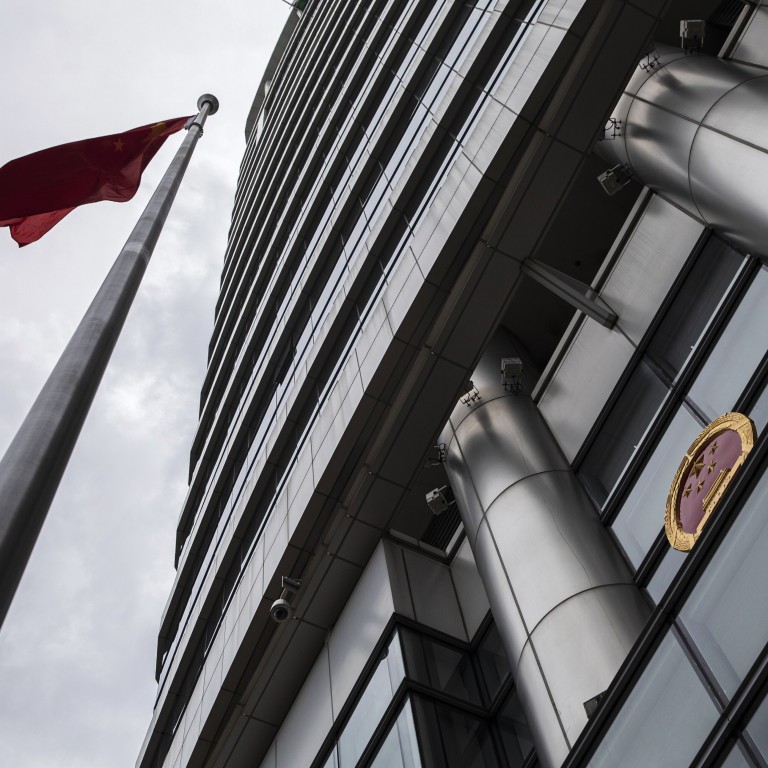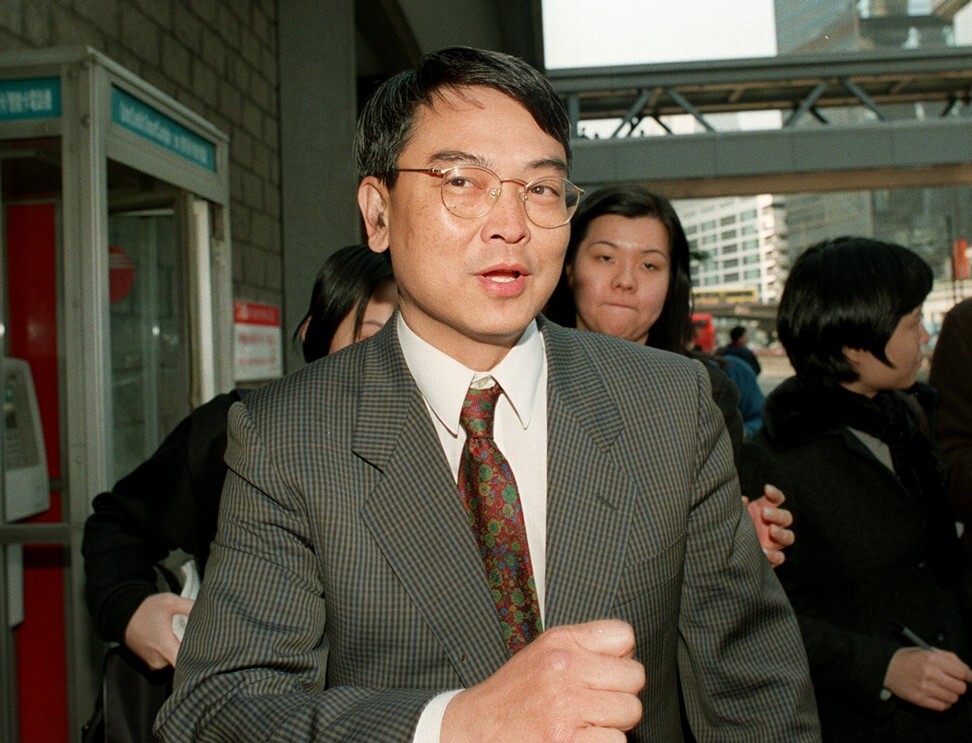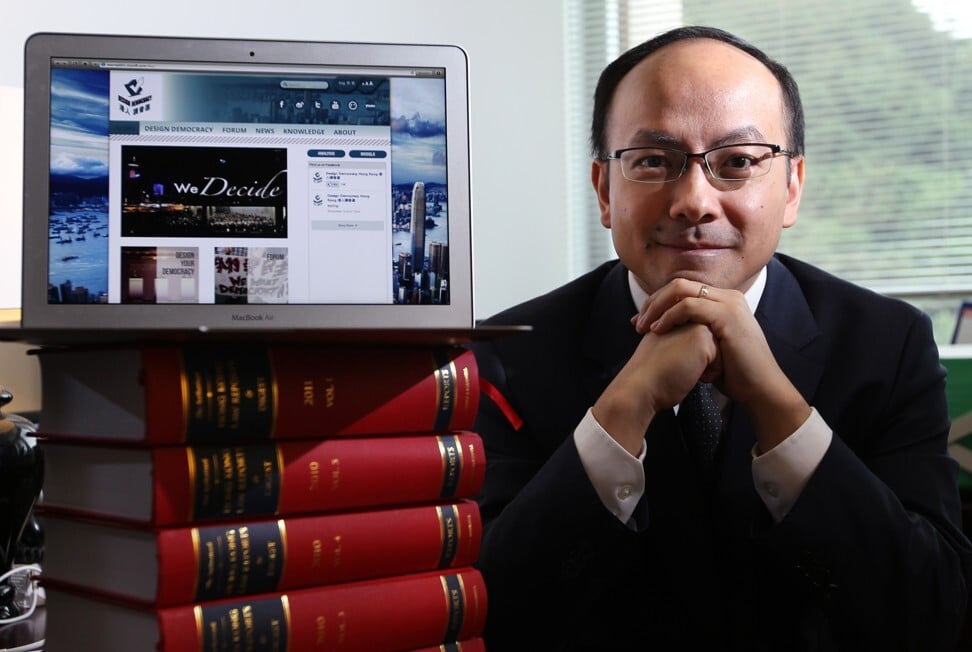
Hong Kong extradition treaty partners wait to see how national security law plays out
- 20 countries have agreements with Hong Kong but some have already suspended their deals, others are reviewing arrangements
- Concern that Article 55 could override articles in extradition pacts preventing transfer from Hong Kong to the mainland, says law professor
Lui, who was arrested in Boston on bribery charges in Hong Kong, was surrendered to Hong Kong just days before the city was handed over from British to Chinese control on July 1. He argued the extradition request was illegal because the US did not have an extradition treaty with China. But the US court rejected this, noting it had signed an extradition agreement with the incoming Hong Kong government, which had been granted a “high degree of autonomy” from Beijing.

The sweeping national security legislation – which critics say undermines Hong Kong’s autonomy from Beijing and its freedoms and human rights – has barred acts of secession, subversion, terrorism and collusion with foreign forces. Its broad provisions apply to Hong Kong permanent residents and foreign nationals, for relevant offences committed in Hong Kong or abroad.
How security law compares to legislation elsewhere
Legal experts say the suspension of extradition treaties put on hold any existing cases that Canada and Australia have with Hong Kong, although other channels remain to handle suspects, including local prosecution and mutual legal assistance agreements that allow information and evidence to be obtained and exchanged between the two sides when dealing with serious offences.

“In theory, it is still possible to apply these extradition arrangements on a kind of case-by-case basis, and it would be on the basis that both parties agree, and there is agreement of reciprocity, so in a way you could lift the suspension – at least in Canada’s case – for a particular case,” Simon Young Ngai-man, associate law dean at the University of Hong Kong and a Hong Kong barrister, said. “But of course, as with most matters of extradition, there is a layer of political consideration that can override this – that’s what we’re seeing right now.”
Hong Kong has signed extradition agreements with 20 countries: Canada, the Netherlands, the Philippines, Australia, India, the US, Britain, Singapore, New Zealand, Malaysia, Indonesia, Sri Lanka, Portugal, South Korea, Ireland, Germany, South Africa, Finland, the Czech Republic and France. Many of them – including Canada, the US, Germany, India and Singapore – do not have similar extradition treaties with China, where the criminal justice system is notorious for its opacity.
Experts say there are some safeguards for individuals in the extradition treaties, although they may not fully protect them from requests for offences under the national security law.

In their extradition agreements with Hong Kong, both Canada and Australia have provisions that each party can refuse a request if the individual’s suspected offence is of a political character, if the request is made to punish the person for their political opinions or if the person might be punished or restricted on surrender because of their political opinions.
But Michael Blanchflower SC, previously the senior assistant director of public prosecutions in Hong Kong, said it would be “very difficult” for individuals to prove the political element, since the evidence would most often be in the requesting state, so in Hong Kong or mainland China.
“It is improbable the person would be able to obtain the necessary evidence for an extradition hearing in Canada or Australia,” he said.
Another potential safeguard is the list of agreed extraditable offences. For Canada and Australia, this includes acts such as murder and theft but does not include national security law offences such as secession, subversion, terrorism or collusion with foreign forces. But it is possible for individuals to be charged in name with offences on the extraditable list that are related to national security law offences, experts say.
Hong Kong national security law official English version:
There is also concern that the national security law’s Article 55 – which allows special cases to be tried in mainland China – could override articles in extradition agreements that prevent individuals surrendered to Hong Kong from then being transferred to the mainland.
“We’re told that this national security law overrides anything that’s inconsistent with it, including the Fugitive Offenders Ordinance, so I think there’s a real concern among the foreign countries,” Young said. “There are other safeguards, but again, if the national law overrides them, then maybe those would disappear as well.”
Hong Kong officials and Beijing have criticised the suspension of extradition treaties with the city as an attempt to interfere in China’s internal affairs and as violations of international law.
Young said it was difficult to know the long-term impact of the suspensions, but that Hong Kong might need to renegotiate its extradition treaties with some governments or offer clarifications and assurances to ease concerns.
“It may be that for these countries, it’s just the wisest measure at this point in time because we really don’t know how this new law will operate,” he said. “It’s possible that other countries will follow suit simply because they’re concerned about their own nationals.”
Blanchflower said he did not anticipate a significant number of countries suspending extradition with Hong Kong, since many had not spoken up about the national security law and had close economic ties with China. He added that the suspensions by Canada and Australia may not be long-term, given that it would temporarily mean Hong Kong was a safe haven for suspects from these countries and vice versa.
“It is not in the interests of any of these jurisdictions to become safe havens for criminals,” he said. “In the meantime, Canada and Australia will adopt a wait-and-see attitude to the implementation of the national security law in Hong Kong, and will assess its effects on the political, legal and human rights situation there, as well as the law’s implications overseas since it has extraterritorial reach beyond Hong Kong.”

